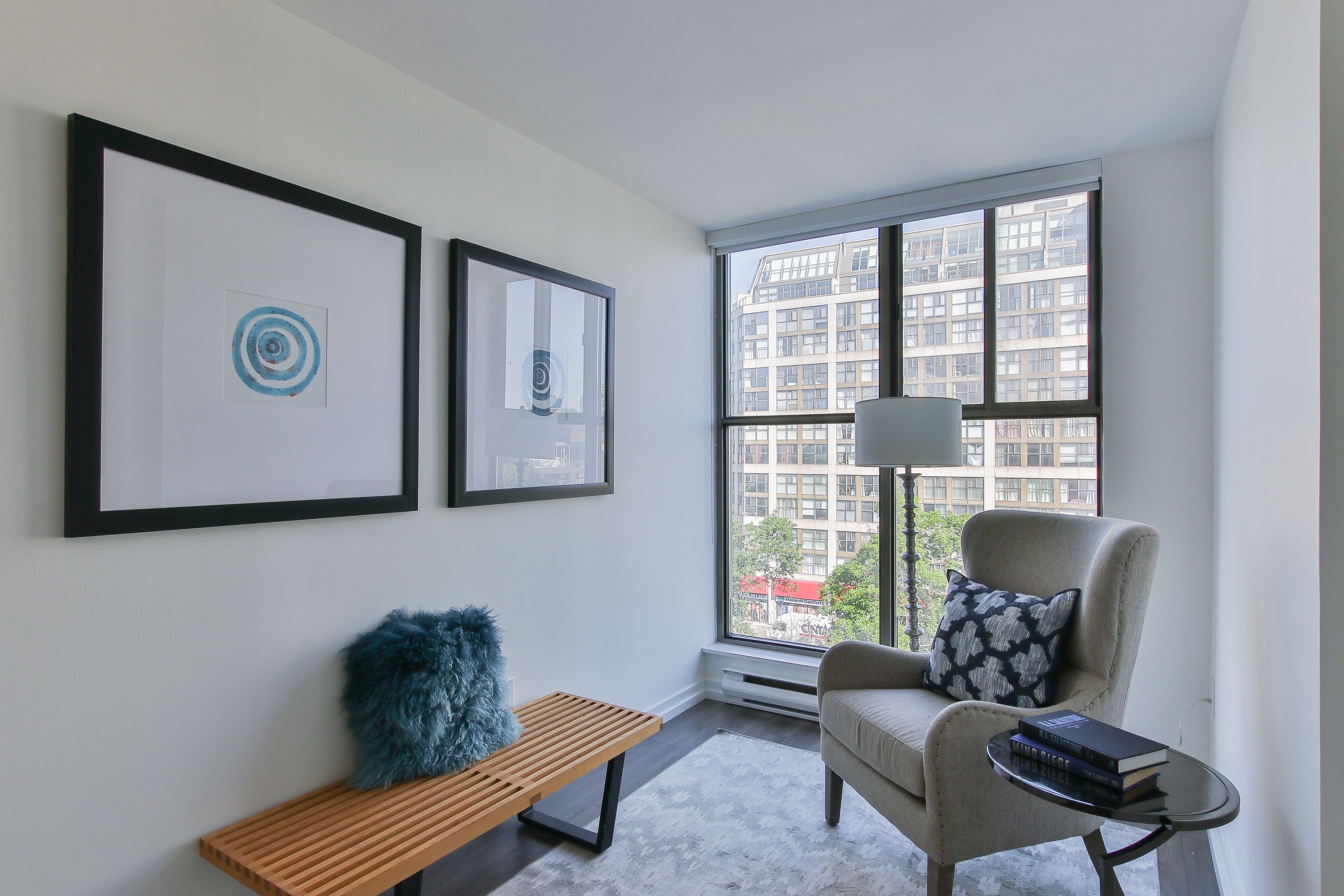Condominium Projects Approved By The FHA
FDA-approved condos mean condos that comply with the US Department of Housing and Urban Development's requirements for property eligibility. These requirements must be met to purchase a condo with an FHA loan. To have your project added to this list, condo associations will need to apply.
Do you want to find out if FHA has approved a particular condo complex? Then, browse the master listing of FHA-approved condo developments.
Site Condos Are An Exception
The approval for a condo development that is not on the list, or has already expired, would have to be approved before an FHA loan could be obtained. One exception is the "site condo." Site condos must comply with these criteria:
A condominium declaration/covenant or condominium form of ownership encumbers a unit.
The units are single-family, and they are completely independent of one another. This includes garages, archways, breezeways/porches/decks, or any other attached buildings.
The entire condominium unit is made up of the site, structure, and air space. No part of the structure can be considered common or limited common areas.
The unit holder is responsible for all insurance and maintenance costs.
Common assessments are collected for amenities that are not within the footprint of individual units.
HUD has granted a temporary approval process to condo projects that will expire on August 31, 2016. HUD has issued a temporary approval process for condo projects that will expire on August 31, 2016. The new permanent guidelines are expected to be released by the agency before that date.
General Approval Guidelines
Two or more units are required for projects.
No more than 25 percent of the project's total floor area can be used for non-residential/commercial use (exceptions can be approved by HUD up to 50+ percent).
One investor/entity can own no more than 10% of the units. Unoccupied or unsold units that the builder holds are exempt.
Maximum 15 percent of homeowners association fees for all units can be 60 days or more late.
All units must be covered by liability, hazard, flood, and any other insurance required under state law. A HUD bond is required for properties with 20 or more units.
For review, financial documents include the current year's budget and balance sheet, actual income, expense, and bank statements.
The project must contain at least 50% of the units.
Two years after the date that the condominium project was placed on the FHA-approved condominium list, approvals for condominium projects will expire. To confirm compliance with HUD requirements, the project must be recertified every two years. The recertification process may be initiated from six months before the expiration date to six months after it expires. If the process is not completed within this timeframe, it must be re-approved.
The mortgagee, builder, developer, or homeowners association staff authorized by the mortgagee, or an attorney or consultant who submits for one of the referenced parties, may submit recertification packages. Applications from homeowners, real estate agents, sellers, or borrowers will generally not be processed. However, HUD may decide that other sources of submission are acceptable.

